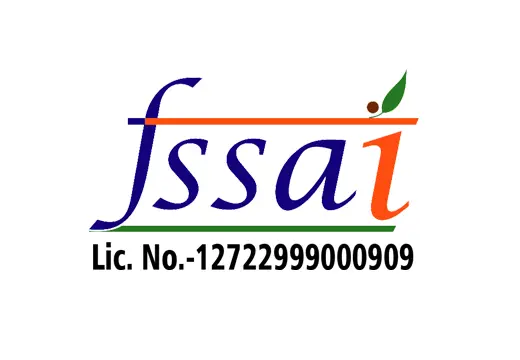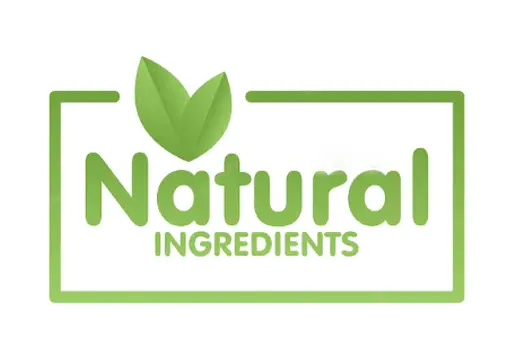Cellular Support
Folic Acid Background and Benefits
Folic acid is known by many names such as vitamin B9, pteroyl-L-glutamic acid, and pteroyl-L-glutamate, folic acid chemical formula is C19H19N7O6. The term "folate" is also used to refer to the deprotonated ion of folic acid, usually in the context of food additives and dietary supplements.
Herschel K. Mitchell and others first isolated folic acid from spinach leaves in 1941. He named it after the Latin word folium, meaning "leaf," to refer to its occurrence in green leafy vegetables. Pure folic acid was synthesized in the year 1943 by Bob Stokstad and later its chemical structure was determined.
Folic acid is an essential nutrient for humans, it cannot be synthesized by the body. 400 micrograms (mcg) is the minimum daily requirement of folic acid for adults and Pregnant women's requirement is 600 mcg. Folic acid is biologically inactive in its pure form and must first be converted to other forms such as dihydrofolic acid and tetrahydrofolic acid before it becomes biologically useful.
Although the terms folic acid and folate are used interchangeably, they are not the same thing. Folate is the nutrient that occurs naturally in food, while folic acid is the synthetic version of folate used in dietary supplements.
Our goal at Naturebasics is to choose natural ingredients over synthetic ones. However, in the case of folic acid, it is not easy to extract it from food, and most people do not consume enough folic acid in their normal diet. Given the essential nature of folic acid - which is generally used to support cellular functions - we have chosen synthetic folic acid, which is converted into usable forms as soon as it enters the body and works more effectively in synergy with the other nutrients contained in our supplements.
Folic acid is particularly useful for processes that require rapid cell division, especially for fetal development. Red blood cell formation essentially needs Folic acid.
Uses of folic acid
The best-known use of folic acid in dietary supplements is to support cognitive function and mood. It may also help support heart health and healthy pregnancy and fetal development.Signs of a possible need for folic acid
The most common signs of folic acid deficiency include weight loss and loss of appetite. It can also lead to physical weakness, heart palpitations, headaches and a sore tongue. Psychological signs that you may need folic acid supplements include behavioral problems and irritability. Adults with advanced folic acid deficiency may have megaloblastic and macrocytic anemia.Babies born to women with low folic acid levels may have low birth weight and a higher risk of neural tube defects. People living in institutions are more likely to be deficient in folic acid and should take a supplement.






